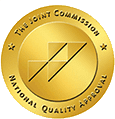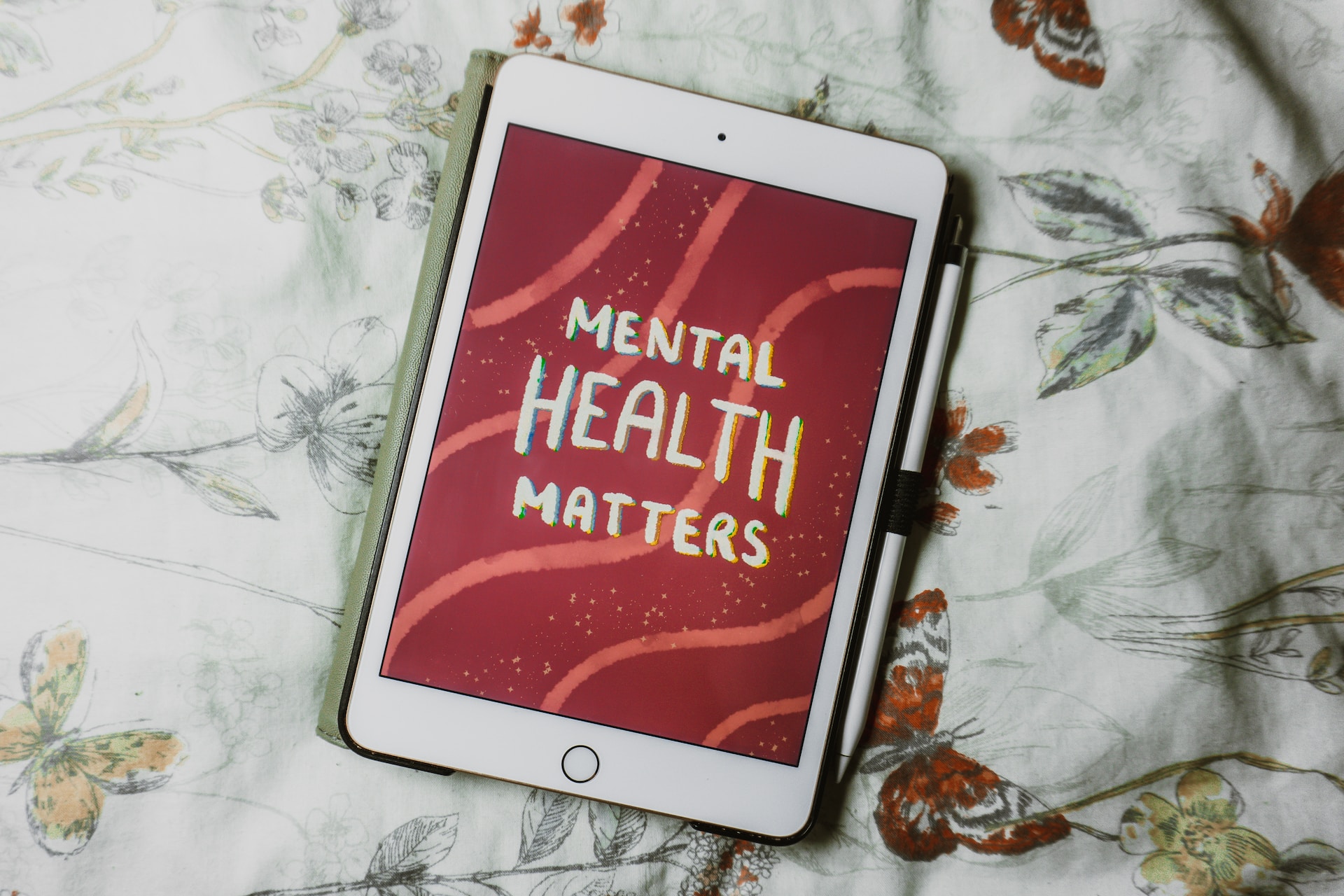by Claudia Copeland, PhD
The term “dual diagnosis” refers to two diagnosed disorders: a substance abuse disorder and a mental health disorder. The very term, though, is a bit of a misnomer. Do patients with a fever and an influenza virus infection have two different illnesses? And would you choose to treat one without treating the other? Just as it would make no sense to consider a viral infection and the fever it causes to be different illnesses, it makes no sense to treat a substance abuse problem without treating the accompanying psychological challenges of the addicted person.
Addiction Is About a Person (Not a Drug)
Our culture nurtures a false belief that, like evil devils, drugs are endowed with human-like traits such as a desire to ensnare people in their grasp, steal their souls and enslave them. But drugs are not devils or sociopaths — they are simply chemicals. Substance abuse is as much about the underlying mental health and social conditions that were present before the first encounter with a drug as it is about the drug itself.
Of course, when you’re in the throes of addiction, life may seem all about the drug. The drug got you here, the drug has locked you in chains and shackles, the drug is your enemy and your desire. However, research in the psychology of addictive behaviors, as well as the testimonials of long-term recovered addicts tell a different story.
First, different people can take the same drug, and while some get addicted, many others don’t. Did you know that mothers used to blithely give heroin to their children in the nineteenth century? It’s true, and it’s also true that, although opiate addiction swelled in the years following its invention, the majority of people taking Heroin (Bayer’s brand name for diacetylmorphine) and other opiate-laced remedies did not become addicted.
Conversely, stories abound of individuals quitting one drug only to find themselves becoming addicted to a different drug. Others become addicted without any drugs at all: gambling addiction, sex addiction and video game addiction have all of the essential elements of addiction, but no chemical drug is involved. Psychological addiction is not rooted in any specific drug or behavior; it’s about what happens inside our brain in response to that drug or behavior.
A Mix of Genetics and Environment
So, if it’s not the drug itself that causes substance abuse, what’s going on? Why do some people get addicted, while others don’t? The answer lies at the root of what makes a person a person: a mix of genetic and environmental influences.
Genetic factors are thought to account for about 40 to 60% of a person’s predisposition to addiction; some people are simply born with a neurophysiological makeup that makes them vulnerable to substance abuse problems. But that’s still only about half the picture. The other half is the influence of the person’s experiences and interaction with the external world.
Some of the most compelling evidence that one’s state of mental health plays a key role in addiction comes from the work of Dr. Bruce Alexander. Previous researchers had shown that laboratory rats readily became addicted to drugs such as cocaine and morphine, and they concluded that the drugs caused the addiction. Dr. Alexander, however, surmised that the misery of solitary confinement in a metal cage with nothing to do but eat, drink or do drugs might be the root cause, not the drugs themselves. He did a series of experiments, giving morphine to rats in the standard cages and to rats in a “rat park” — a healthy and happy environment for rats that included other rats, exercise areas and opportunities to do meaningful rat work like chewing things and building nests. Whereas the rats in cages became readily addicted to morphine, the rats in Rat Park did not.
The damage to the rats’ psyches caused by confinement in lab cages has its counterpart in humans. Dr. Alexander has spent the last several decades studying the historical interaction between the destruction of cultures and the onset of epidemics of addiction. He has found that, overwhelmingly, in the wake of psychological and spiritual hurt, addiction may follow.
What is Your Cage?
As humans, our cages are more abstract than the physical cages of lab rats, and what constitutes a “cage” for me may be different from what constitutes one for you. They have this in common, though: the stress, hopelessness, ennui or lack of connection that they cause opens up a great vulnerability to substance abuse. Your cage — the root cause of your addiction — might be social upheaval, trauma that has not healed, lack of purpose in life or a specific mental illness. Whatever it is, if addiction is the only thing that is treated, you will remain at high risk of relapse.
The False Dichotomy of Chicken-or-Egg Thinking
While it’s well known that addiction is associated with mental illness, it’s less clear which came first. Many if not most people in substance abuse treatment are also suffering from mental illnesses, including generalized anxiety disorder, panic disorder, post-traumatic stress disorder, depression and bipolar disorder, to name a few. But did the mental illness come first, laying the foundation for the addiction, or did the addiction come first, causing stress that led to the mental illness?
Like most things involving humans, this probably isn’t a question with a black-and-white answer. While recovered addicts have emphasized the necessity of treating an underlying mental illness, it is also abundantly clear that addiction can be extremely damaging psychologically. Unlike chickens and eggs, substance abuse and mental illness can feed and exacerbate each other, interacting in an active dance of destruction. The important thing is not to ask which is most important, and zero in on that factor, but to realize that addiction and mental illness interact synergistically. Both must be addressed if recovery is to be successful in the long term.
Mental Health as a Foundation for Recovery
You can’t build a strong house until you’ve built a strong foundation. For lasting recovery, the root causes underlying your substance abuse— including self-medicating psychological disorders through drugs or alcohol — must be addressed, and that’s what dual-diagnosis treatment centers do.
Beyond just treating mental illness, though, effective treatment programs must also nurture true mental health. Successful recovery requires building the resilience you’ll need for the inevitable ups and downs of life, including relapse. That means cultivating active, positive psychological habits such as gratitude, acceptance, tenacity and helping others. It means identifying and building on your personal strengths through activities that involve long-term learning or accomplishment, such as the practice of an artisanal skill. It’s not just about stopping an unwanted behavior; it is about building a balanced, vibrant and fulfilling lifestyle.
Mental health is not something to pursue alongside substance abuse recovery; it is fundamental to it. A healthy, positive state of mind and spirit, free from addiction and mental illness both, is the foundation for the strong, addiction-free person you were always meant to be.
Dr. Claudia S. Copeland is an independent biomedical writer who has written extensively on the nature of addiction as well as the biological effects of drugs. She holds a PhD in molecular and cellular biology from Tulane University and a BA in neuropsychology from the University of California at San Diego, which included coursework on drugs and addiction. A biomedical writer since 2008, she has interviewed experts in a broad range of subjects, from addiction to mind-body medicine for wellness. A complete list of her research and popular publications can be found here.
Sources:
British Journal of Addiction
Harding G. Patterns of heroin use: what do we know?
Br J Addict. 1988 Nov;83(11):1247-54.
Bruce K. Alexander
Addiction: The View from Rat Park (2010)
Business Insider
Yes, Bayer Promoted Heroin for Children — Here Are The Ads That Prove It
Frontiers in Psychiatry
Kim HS, Hodgins DC. Component Model of Addiction Treatment: A Pragmatic Transdiagnostic Treatment Model of Behavioral and Substance Addictions.
Front Psychiatry. 2018 Aug 31;9:406.
The Globalisation of Addiction: A Study in Poverty of the Spirit.
BK Alexander. Oxford University Press, 2010.
Healthcare Journal of Baton Rouge
Healthcare Journal of New Orleans
The Human Side of the Heroin Epidemic
Journal of the American Medical Association (JAMA)
Chandler RK, Fletcher BW, Volkow ND. Treating drug abuse and addiction in the criminal justice system: improving public health and safety.
JAMA. 2009 Jan 14;301(2):183-90.
Mayo Clinic Proceedings
Bostwick JM, Bucci JA. Internet sex addiction treated with naltrexone.
Mayo Clin Proc. 2008 Feb;83(2):226-30.
NIH National Institute on Drug Abuse
The Connection Between Substance Use Disorders and Mental Illness
Proceedings of the National Academy of Sciences
Zastrow M. News Feature: Is video game addiction really an addiction?
Proc Natl Acad Sci U S A. 2017 Apr 25;114(17):4268-4272.
Stuart McMillen
Substance Abuse and Mental Health Services Administration (SAMHSA)
WeRecover
The Biopsychosocial Model of Addiction Explained








